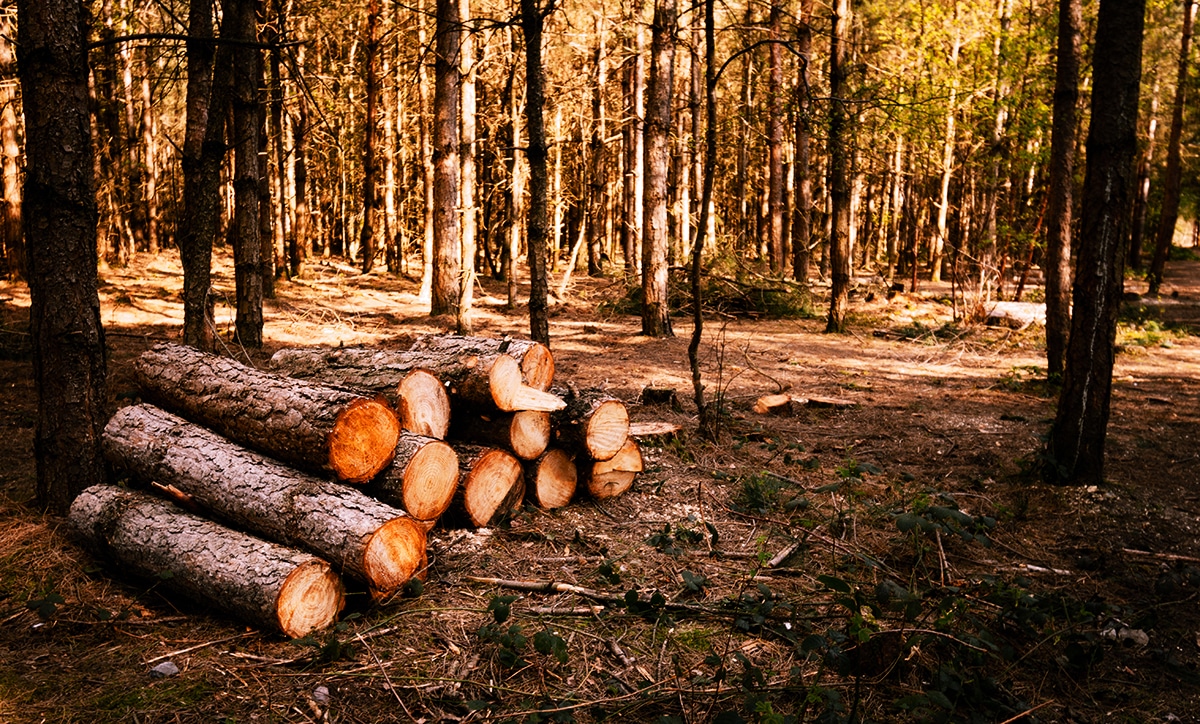The Severity of Deforestation and Its Consequences
Deforestation – the process of cutting down and destroying large parts of forested areas – is one of the gravest challenges that our planet currently faces. The scale of deforestation is so severe that it has destroyed extensive ecosystems, important habitats for wildlife, and contributed to the earth’s rapidly changing climate.
According to the World Wildlife Fund, the earth’s forests cover approximately 30% of the world’s surface area, which is equivalent to about 3.04 trillion trees. However, over the past century, we have lost nearly half of these trees, which equates to approximately 1.5 billion acres of forested area. Such destruction is undoubtedly concerning as deforestation contributes significantly to climate change, loss of biodiversity, and soil erosion, among other negative impacts.
The Roots of the Deforestation Crisis
The significant drivers of deforestation include urbanization, agricultural expansion, and commercial logging. The demand for land to build settlements or develop infrastructure is greater than ever, leading to massive destruction of natural habitats, including forests. Similarly, industrial agriculture and farming require enormous tracts of land, which has led to widespread deforestation to create space for planting and grazing.
Additionally, commercial logging activities that are geared towards providing wood for building materials and paper contribute to deforestation. Logging is often done unsustainably whereby entire forests are cleared without regard for their regeneration. Also, clearing large tracts of forests through slash and burn agriculture, a method of crafting new lands for crops through the use of fire, is another contributor to the deforestation crisis. Such a method of farming is often done in the developing world, where agricultural advancements are limited.
The Negative Impacts of Deforestation
Deforestation is causing significant harm to our planet in multiple ways. From loss of biodiversity to exacerbating climate change, the negative implications of deforestation are far-reaching.
The Way Forward: Solutions to Deforestation
Given the severity of the deforestation crisis, it is vital that we take action now to reverse the damage already caused. Several solutions can be implemented to tackle this critical issue:
The Role of Technology in Tackling Deforestation
In recent years, technology has played a significant role in tackling deforestation. A great example of this is the use of drones, which offer a bird’s eye view of hard-to-reach areas, helping to identify illegal logging activities. Similarly, satellite images can help in monitoring the rate of deforestation in remote areas, which can help identify areas to prioritize in restoration.
Blockchain, a decentralized system for recording transactions and tracking supply chains, has emerged as a promising tool in tackling deforestation. With its immutable and transparent nature, blockchain can help companies and governments to manage forests sustainably, eliminate illegal logging, and eliminating any chance for money laundering or corruption.
The Urgency of Taking Action
In conclusion, the deforestation crisis is one of the most significant challenges of our times, and the time to act is now. The consequences of deforestation are far-reaching, including the destruction of habitats, exacerbating climate change, flooding, and soil erosion, among others. However, with innovative technologies, policy frameworks, and sustainable farming practices, it is possible to reduce the impact of deforestation.
The stakes are high, and we must take urgent action to halt deforestation and ensure that our planet remains healthy and habitable for future generations.
- Protecting Our Planet’s Lungs: Why Preserving Forests and Jungles is Crucial for Our Future - mayo 28, 2023
- Stop the Destruction: How Deforestation is Destroying Our Planet and Our Future - mayo 28, 2023
- Why a Circular Economy is the Ethical and Profitable Path Forward for Businesses - mayo 28, 2023


